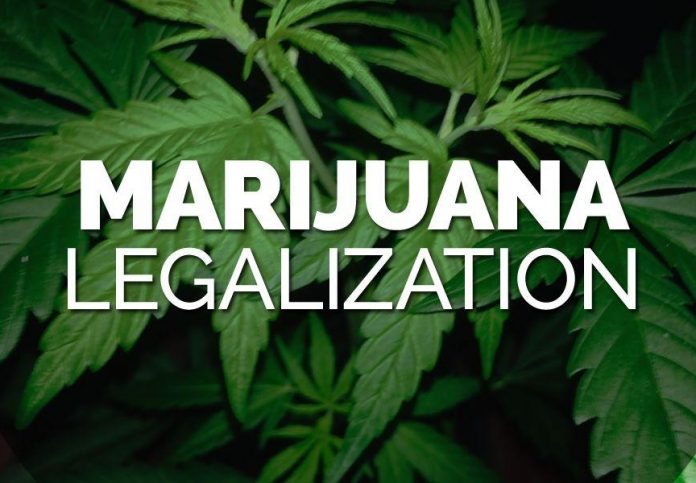Last month, the New York State Senate passed the Marijuana Regulation and Taxation Act (MRTA). Upon being signed into law by Governor Cuomo, the Act made recreational use of marijuana legal in New York. Managers need to be aware of the protections afforded to employers and employees alike under the law to ensure compliance. This article will review some of the MRTA’s key provisions.
Legalizes Recreational Marijuana Use
Individuals that are age 21 and older are permitted to have and use up to three ounces of marijuana and twenty-four ounces of concentrated marijuana. The licensure, distribution, sales, and marketing of marijuana will be regulated by a newly-formed Office of Cannabis Management, as mandated by the MRTA. Although the law became effective immediately, it will likely take several months or more for the Office to implement rules regarding sale and distribution. Marijuana cannot be used in public places or in cars.
Protects Employees
The MRTA amends New York Labor Law 201-d, which protects employees’ off-duty activities like alcohol consumption and political activities, to include protection of marijuana use. As such, most employers cannot make employment decisions based on an individual’s use of marijuana so long as the employee is lawfully using marijuana outside of work hours.
Protects Employers
Employers are still permitted to prohibit the use and possession of marijuana in their workplace. Employers are also allowed to take corrective action against if employees are impaired while working, due to their marijuana usage. Impairment is indicated when an employer observes symptoms that “decrease or lessen the employee’s performance” or the employee demonstrates symptoms that “interfere with…a safe and healthy workplace.” Employers can ask employees to get drug tested if they observe reason to believe the employee is impaired at work.
Under federal law, marijuana is still illegal. The law provides that employers can take corrective action against employees for using marijuana if the employer is required to take action against the employee, as provided by another state or federal law, or where the employer’s not taking action would result in the loss of a federal contract or federal funding for the employer.
Implications for Pre-employment Drug Testing
The MRTA does not prevent employers from testing for marijuana before hiring an individual. However, since many employers are no longer able to refuse a hire based on the results of the test, it seems that testing would now be an unnecessary cost and could potentially open the employer up to liability, unless the employer falls into one of the exceptions discussed above.
Employers in New York City ought to be aware that, subject to certain exceptions, employers cannot screen candidates for marijuana use. Exceptions include positions in involving health and/or safety, law enforcement, construction, childcare, and where testing is mandated by law or permitted via a collective bargaining agreement.
If you have questions or concerns as to how this new law will impact your business, please do not hesitate to reach out to us.
Additionally, here is a list of other states that have legalized recreational marijuana use: Alaska, Arizona, California, Colorado, Illinois, Maine, Massachusetts, Michigan, Montana, New Jersey, New Mexico, Nevada, Oregon, Vermont, Washington. Recreational marijuana use is also legal in Washington, D.C.

